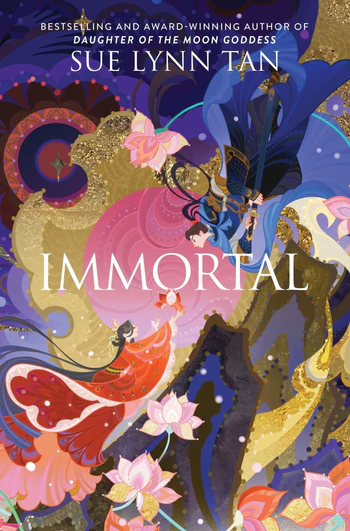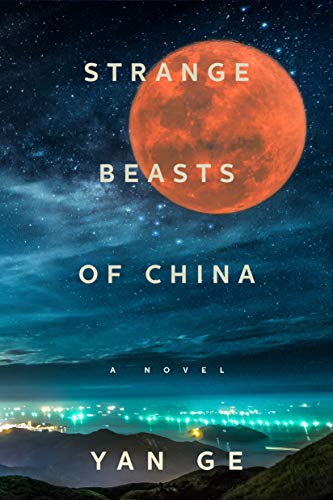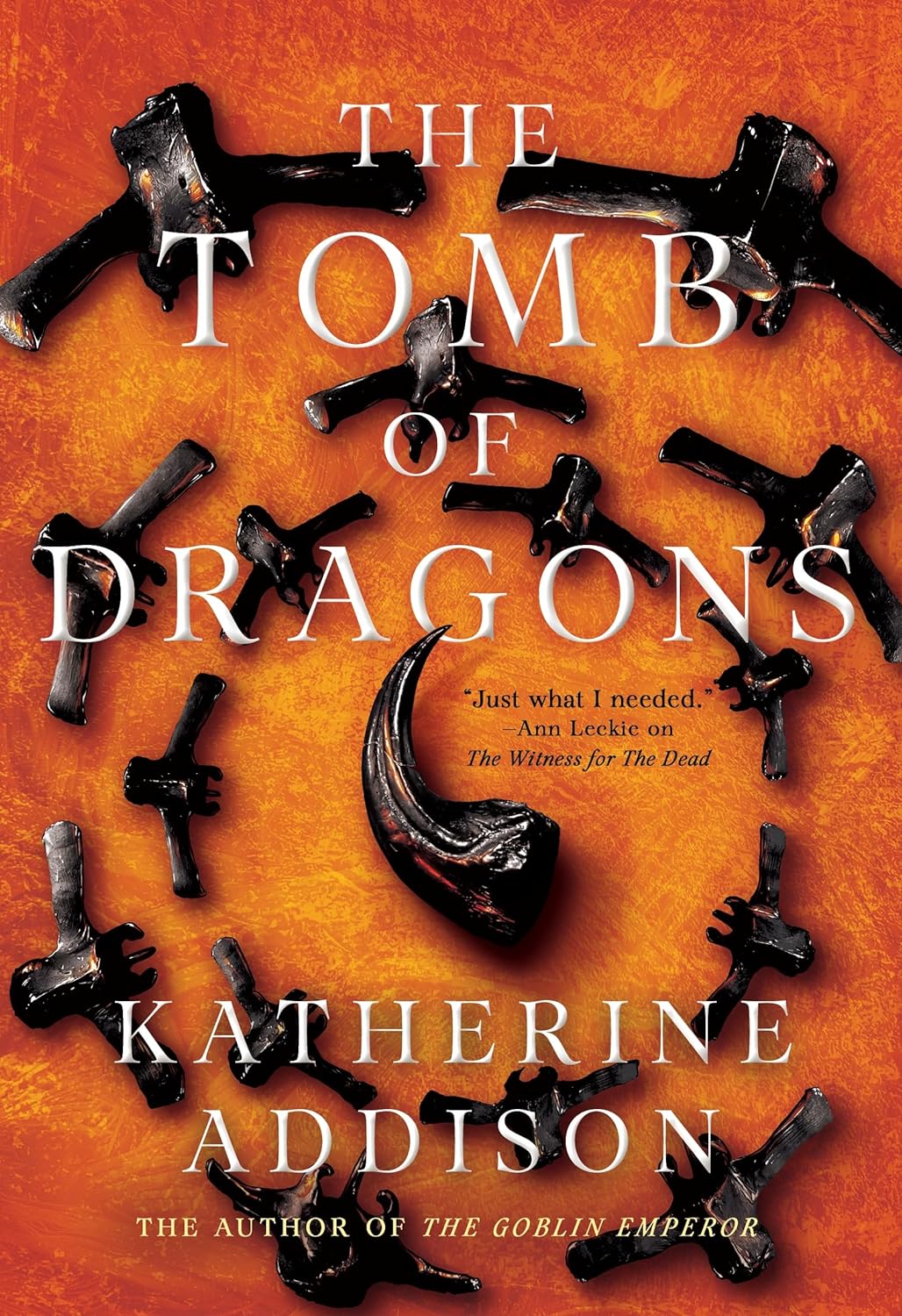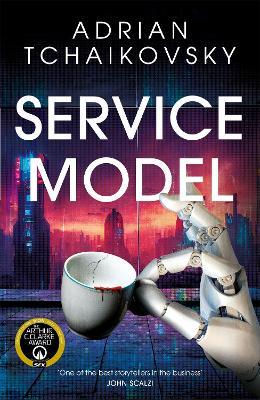David Bremner replied to tk's status
@tk@lire.boitam.eu who hasn't had a complete nightmare of a boss.
computer scientist, mathematician, photographer, human. Debian Developer, Notmuch Maintainer, scuba diver
Much of my "reading" these days is actually audiobooks while walking.
FediMain: bremner@mathstodon.xyz
bremner@bookwyrm.social is also me. Trying a smaller instance to see if the delays are less maddening.
This link opens in a pop-up window
@tk@lire.boitam.eu who hasn't had a complete nightmare of a boss.

A young ruler must forge a delicate alliance with the untrustworthy yet magnetic God of War to protect her kingdom …

In the fictional Chinese city of Yong’an, an amateur cryptozoologist is commissioned to uncover the stories of its fabled beasts. …

Thara Celehar has lost his ability to speak with the dead. When that title of Witness for the Dead is …

Thara Celehar has lost his ability to speak with the dead. When that title of Witness for the Dead is …
Disclaimer: It has a been almost half a century since I qualified as a "young reader". I found the book engaging, but I suspect I would have enjoyed it more reading it to a child of the appropriate age.
I'm more used to the "young adult" trope of the young protagonist who is wiser than their adult peers, even if they undergo some growth in the book. Here the main character is constantly being described in words like "petulant", and mostly comes off as a bit of a twit, even compared to their age group peers. Of course this provides some narrative tension of its own, since it isn't clear young Jin will cope with the responsibilities they suddenly acquire.
There is some gentle suspense, and themes of death or separation of parents and children. Parents might like to read ahead to decide if their small human is ready for …
Disclaimer: It has a been almost half a century since I qualified as a "young reader". I found the book engaging, but I suspect I would have enjoyed it more reading it to a child of the appropriate age.
I'm more used to the "young adult" trope of the young protagonist who is wiser than their adult peers, even if they undergo some growth in the book. Here the main character is constantly being described in words like "petulant", and mostly comes off as a bit of a twit, even compared to their age group peers. Of course this provides some narrative tension of its own, since it isn't clear young Jin will cope with the responsibilities they suddenly acquire.
There is some gentle suspense, and themes of death or separation of parents and children. Parents might like to read ahead to decide if their small human is ready for that.
The world building is interesting, although some of the English terminology seems a bit clunky. "Sacred Sphere" in particular I found a bit inadequate for the central artifact of the story. Characterization is not as strong as the world building and plotting, with most characters being relatively uncomplicated.

In the East is a land ruled by an emperor, whose consorts and serving women live in a sprawling complex …

o fix the world they first must break it further.
Humanity is a dying breed, utterly reliant on artificial labor …